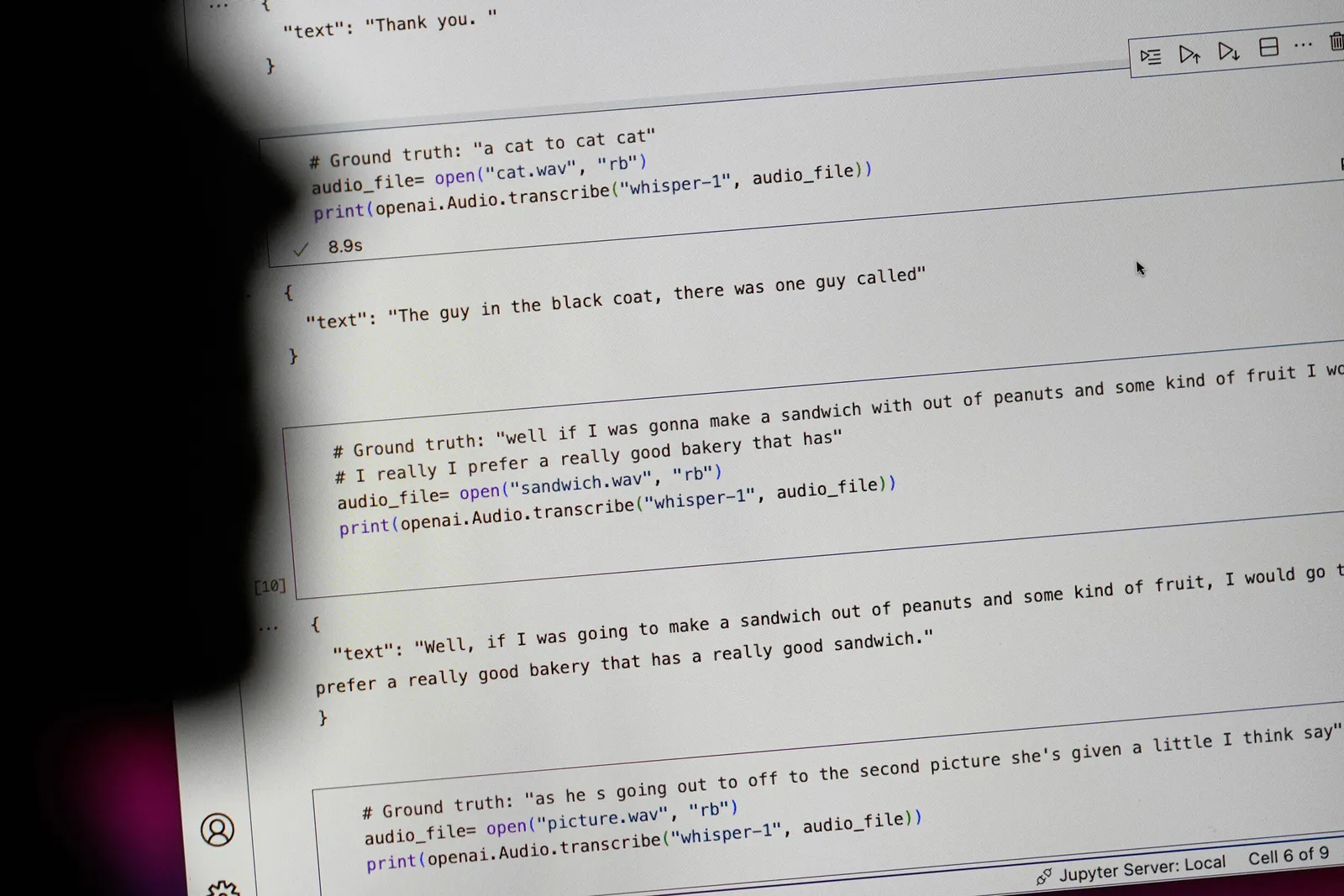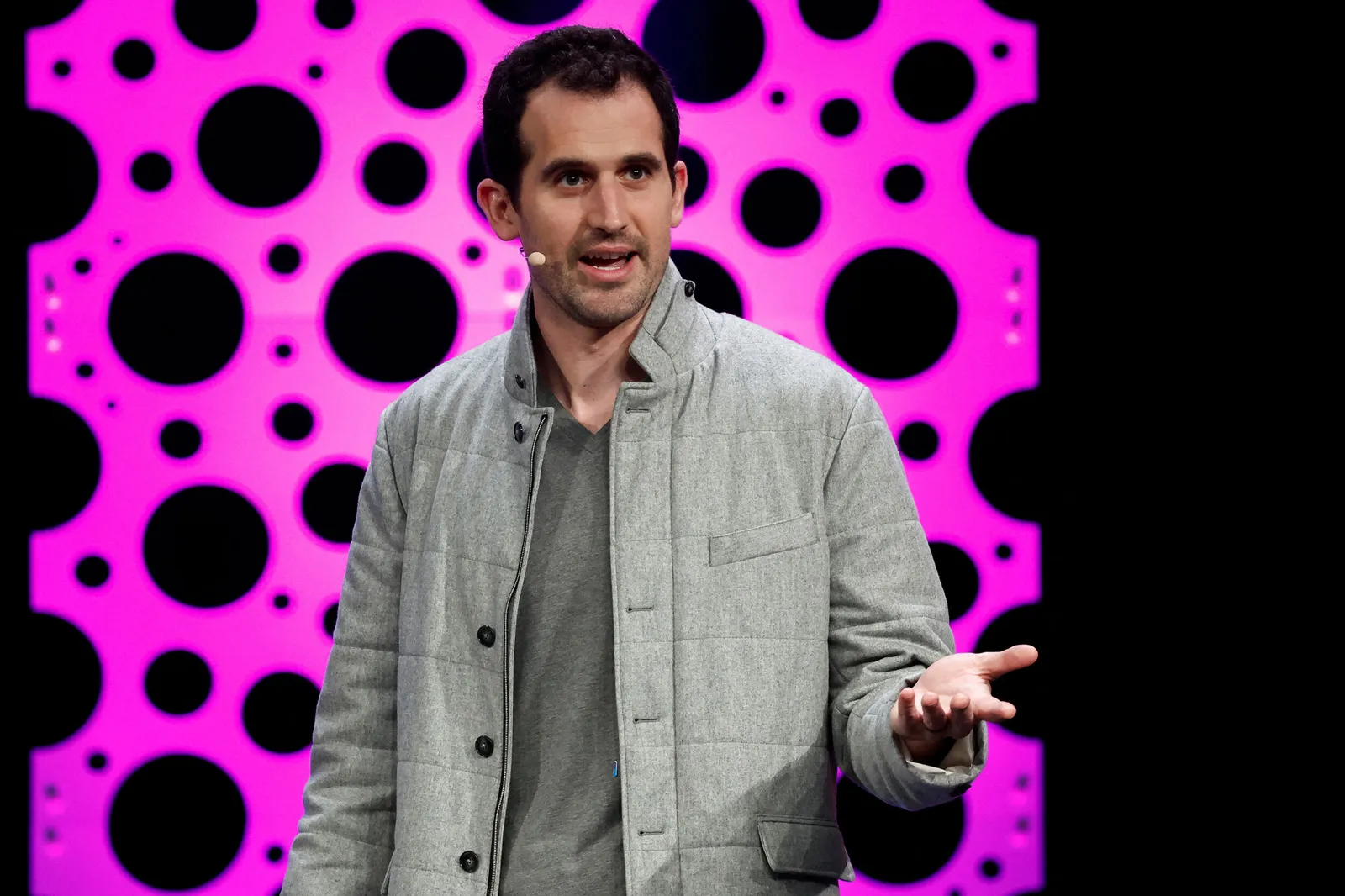It took the release of ChatGPT to put OpenAI on CIOs' radars, as the generative AI chatbot drew enterprisewide interest. Just two years later, the model maker is among the most popular business technology providers.
Industry experts are split on whether OpenAI will maintain its influence on business technology trends, but most analysts agree the ChatGPT maker will have to work harder to maintain enterprise interest going forward — and that goes for all AI vendors.
“There’s an extraordinary expense required of AI projects, creating an even greater sense of urgency to not only understand the impact of the investment but to quickly demonstrate returns that advance core business objectives,” Conal Gallagher, CIO and CISO at Flexera, said in a statement.
CIOs are no longer infatuated with the novelty of generative AI — they’d prefer their investments pay off. It's a sentiment that holds extra weight as OpenAI has risen to one of top tech vendors garnering IT investment.
“An AI model is not a business model,” Rowan Curran, senior analyst at Forrester, told CIO Dive. Left with security and privacy concerns, companies have sought out enterprise-grade capabilities that solve business problems.
The resulting shift to tune out AI hype and favor customizable and tailored tools over general-knowledge models, is already trickling down to vendor marketing.
“There was a point where all the different products had AI after it: Voice AI, text AI and the rest,” Thomas Randall, director of AI market research at Info-Tech Research Group, said. Now, tool names are often more reflective of their use case.
Microsoft recently rebranded a number of products, changing Copilot Lab to Copilot Prompt Galley and Azure AI Studio to Azure AI Foundry. The changes, while slight, offer customers clarity.
Google also consolidated and simplified some of its AI products this year under the Gemini moniker.
CIOs have pushed for stronger guardrails and privacy protections, which has led to a slew of related solutions from vendors looking to capitalize on interest and ease adoption barriers.
“For these two things to come together, the [investment] and the value of the products, there needs to be the right use case,” Randall said. “If that’s not there, the bubble will pop.”

Rising competition
OpenAI benefited from a headstart on releasing generative AI, but signals show its lead has lessened as the vendor landscape settles, capabilities improve and enterprise strategies mature.
“When everybody started to get very excited about ChatGPT, there weren’t a lot of other options to choose from,” Curran said. “We saw a lot of new entrants in 2023 … [and] over the course of 2024 we haven’t seen another new wave beyond that.”
OpenAI commanded half of the enterprise market share last year, yet the startup’s share shrunk to just 34% this year, according to a Menlo Ventures report published in November. Anthropic now commands 24% of the market.
Anthropic doubled its market share in the past year
“This shift in market share makes you realize that while OpenAI was first out of the gate, the race is far from over,” Joff Redfern, partner at Menlo Ventures, said in an email to CIO Dive. “Anthropic's Claude 3.5 continued to get very good and outperformed competitors in a majority of industry benchmarks.”
Enterprises have also started to diversify their use of models depending on performance, cost and safety. The report found companies typically use more than three foundation models, Redfern added.
Organizations said they switched model providers due to security and safety concerns, costs, tool performance and expanded capabilities, the Menlo Ventures survey of 600 IT decision-makers found. When selecting a vendor, businesses said the top criterion is easily quantifiable ROI.
“OpenAI is, without a doubt, still a very important player in the market,” Curran said. “But when you look at the space, it’s certainly not what it was in 2022 where they were the sole leading voice.”
Even with heightened competition, OpenAI has sustained venture capital enthusiasm, closing one of the largest funding rounds by a private company in October. The startup’s recent $157 billion valuation makes it the third-most valuable venture capital-backed company in the world, significantly ahead of its closest competitor Anthropic, which is worth $19.35 billion, according to PitchBook Data. OpenAI did not respond to a request for comment.
“OpenAI is still willing to make bold bets in the quest for AGI, although the continued upheaval and loss of key talent, is a cause of concern,” Arun Chandrasekaran, distinguished VP analyst at Gartner, said in an email.

Looking forward
Enterprises are pouring more resources into AI initiatives next year, and the C-suite is looking to the CIO to make sure the investments are worth it. As technology leaders have honed their strategies, they expect more from their vendors.
Part of OpenAI’s enterprise allure is the startup’s boots-on-the-ground approach to customer service, according to a Flexera report.
“Known for its fast-paced, startup-like behavior, OpenAI’s ability to work directly with enterprises, often embedding its employees to build tailored AI solutions, has catapulted it,” the November report said.
Microsoft’s backing of OpenAI has helped bolster confidence in the startup’s stability. After the leadership upheaval last Thanksgiving began to quiet, CEO Sam Altman said OpenAI retained every customer. The startup told CIO Dive it had more than 1 million paying business users in September, up from 600,000 in April.
It is unlikely that another vendor could chart an OpenAI-like rise in the near future, analysts told CIO Dive.
“You’re not going to have, in this particular space, a massive disrupter; it would just be another competitor,” Randall said.
But that doesn’t mean OpenAI’s crown isn’t in danger.
Enterprises are expected to put even more focus on the privacy, security and value-added of generative AI solutions next year, Info-Tech Research Group predicts.
“If vendors aren’t keeping up with those aspects, particularly on cost-effectiveness and ROI, you’re going to see vendors fall away,” Randall said. “They’re just not going to be able to get their own return on investment … and that even goes all the way to the top, to Microsoft as well, who at this point is still trying to make organizations using Copilot understand why that’s a good investment.”
The gap between enterprise expectations and the current reality of AI solutions is broad. Just 3 in 5 IT decision-makers feel confident their existing generative AI tools meet their needs, according to the Menlo Ventures report.
Investors are also beefing up their due diligence. More than two-thirds investors backed out of at least one active deal due to AI concerns this year, according to a Bain report published in November. The pressure is on AI providers to connect the dots between their products and quantifiable value.
“Those generative AI products, which don’t have a clear ROI demonstration, are going to fall away,” Randall said. “Over time, we are going to see a consolidation.”
Visuals Editor Shaun Lucas contributed to this story.















